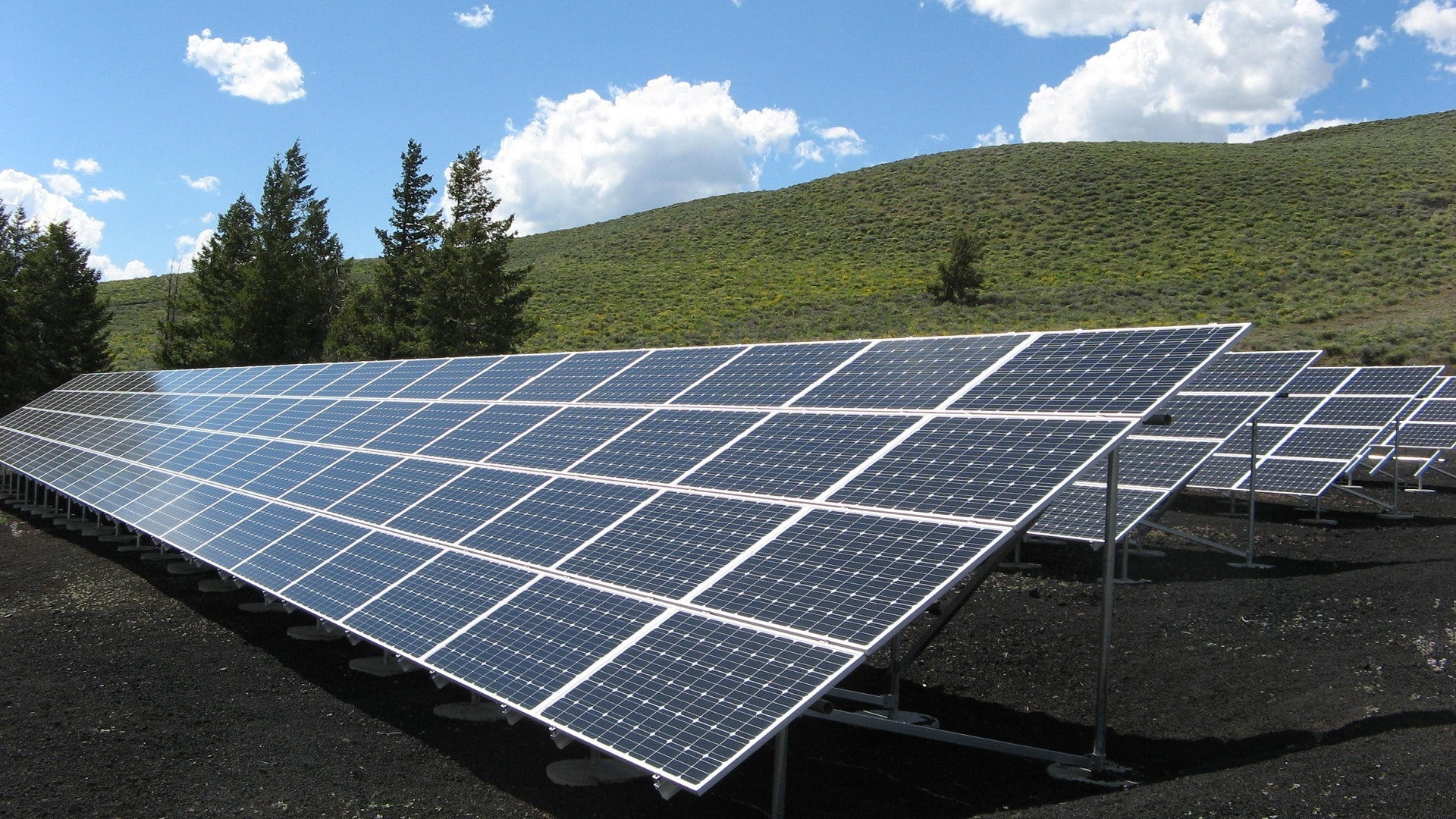BMW is considering investing in alternative energy – solar, geothermal and hydrogen projects to reduce its dependence on natural gas, a production chief told Reuters on Monday.
In 2021, 54% of BMW’s energy consumption came from natural gas. The automaker is now exploring where solar panels could be installed in its plants and is developing plans with local authorities to transport hydrogen to a plant in Leipzig, Germany.
“Hydrogen is very well suited to reduce or even completely offset the demand for gas,” said Milan Nedeljkovic.
The automotive industry accounts for about 37% of natural gas consumption in Germany. Therefore, when gas supplies from Russia stop, not only BMW, but the entire sector will need to look for alternative energy sources.
As it became known to AUTO3N magazine, BMW’s plans reflect a large-scale preparation of the entire German industry for the rejection of Russian gas and the development of a system for rationing existing reserves, including a sudden cessation of supplies.
Outside of Germany, the new plant in Debrecen, Hungary, which BMW says will be the world’s first completely fossil-fuel-free car plant, will rely heavily on solar power, Nedelkovich said, adding that the company is also exploring geothermal power energy.
Geothermal power is more stable than weather-dependent renewables, but has not seen growth or investment comparable to wind or solar power, due in part to high upfront costs and complex drilling licensing processes.
Asked about the potential of nuclear power, which accounts for about half of Hungary’s energy supply but is being phased out in Germany, Nedeljkovic said: “Nuclear power can be a stabilizing factor, especially now. In our own production, we rely on regenerative energy sources.”

